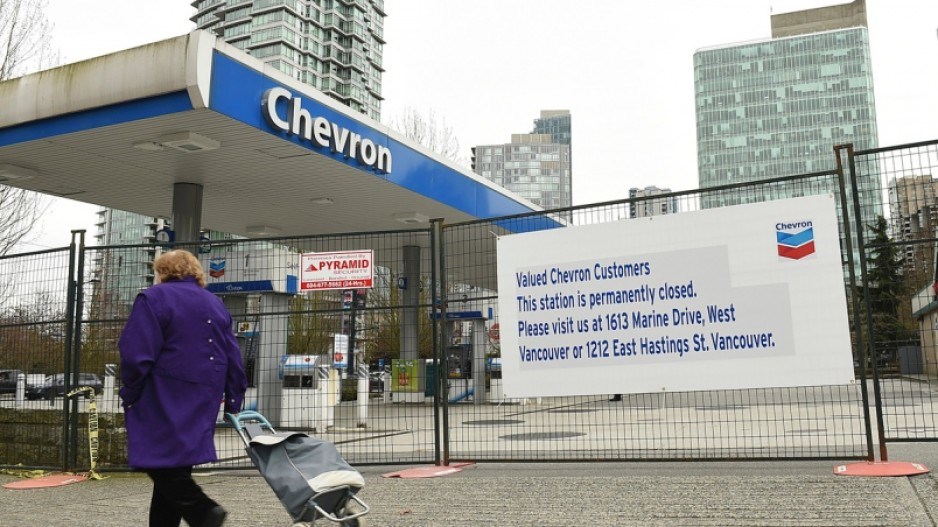Vancouver city council has approved developer Anthem Properties Group Ltd.’s request to defer a payment of $10.4 million in community amenity contributions (CACs).
CACs are made through the creation of on-site amenities by the developer or through a cash contribution to existing or future public services that are deemed to benefit the community.
The June 13 decision follows a report presented to city council that cites “market uncertainty from recent interest rate increases, coupled with unprecedented increases in hard costs,” as the reason Anthem is not able to pay the $10.4 million.
Anthem Properties CEO Eric Carlson said that’s only one side of the story and there are multiple reasons why the company chose to defer.
While interest rates and the inflationary environment have caused hardships for development and construction companies, Carlson points to the CAC negotiation and housing approval process as the reason for a deferral.
Anthem plans to develop a 16,369-square-foot, 33-storey residential building that includes 127 market strata units on the corner of Bidwell Street and West Georgia Street.
“I can't build a single 127-unit apartment building in less time than it took to fight and win World War Two,” Carson said.
He described the decision as a “win-win” for both his company and the City of Vancouver, calling it an example of the new direction that council can take with developers.
“The much bigger story is that a lot of projects in Metro Vancouver, in particular the City of Vancouver, got really bogged down during the last city council's regime. Through indecisiveness, uncontrolled bureaucracy and an overly zealous approval process, it would take years and years to get an approval,” Carlson said.
“It’s shifting from regulating housing, to building housing, to the solution of the housing crisis, which is housing supply. Everyone is starting to drink that Kool-Aid finally.”
The development made headlines when it was first bought, as it was the site of the last Chevron gas station downtown and the second-to-last gas station in the city’s core. that the transaction was valued at $72 million and in the city.
Anthem originally agreed to pay $26.1 million to the city that has been earmarked for the West End Public Benefits Strategy. This includes the creation of affordable housing, new childcare facilities, public art, and the renewal of public facilities, according to the City of Vancouver.
Prior to the enactment of the zoning bylaw on April 26, 2022, 60 per cent of CACs were paid by Anthem. This equals $15.6 million, according to the report.
However, Anthem is asking that the remaining 40 per cent be paid when the second building permit for the rezoned lands is issued or the date that is 24 months following the enactment of the April 26 rezoning bylaw – whichever is first.
If the developer went ahead with the original plan, it would commence construction between January 2024 and April 2024 depending on progress as this is when construction financing would kick in, according to Anthem.
With the recently approved deferral scenario, Anthem would not have to wait for the construction financing and would be able to commence construction on June 25, 2023.
This will allow more housing to be built in a timely manner, a payment of $5,740,00 in various municipal fees given to the city six to 10 months sooner and deferral interest worth $700,000 given to the city that it would not have otherwise gotten.
“Staff have carefully considered this request and are of the opinion that accepting the modification would support the timely delivery of housing while ensuring satisfactory payment of the CAC outstanding balance,” said city staff in the report presented to council.
Carlson believes that there will be more discussion between the city and developers about how to navigate the housing approval process in a way that benefits both parties and gets housing online sooner.
“Let's work together on a win-win basis by listening to each other and figuring it out. I think you'd see, hopefully, a continuation of that. It's really positive – everyone’s going to feel way better when they do that and the ultimate thing is every one of those stakeholder groups will be better off, including the people who don't have houses right now,” he said.


